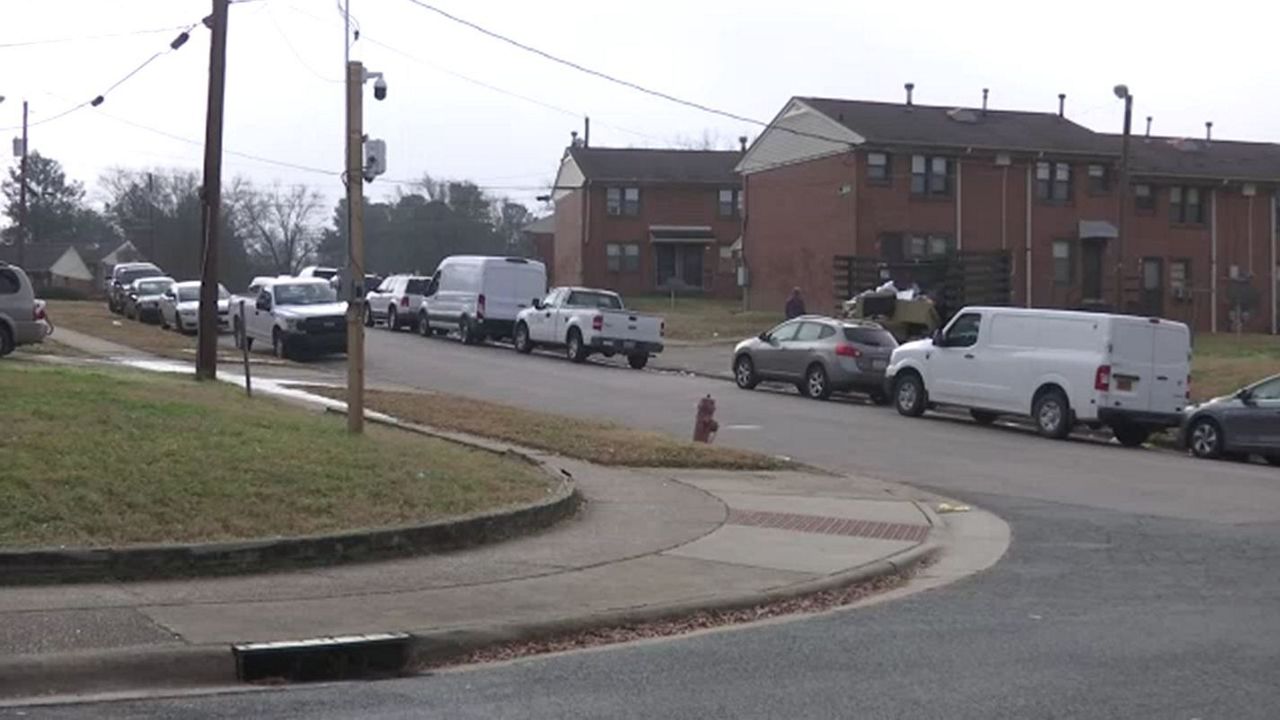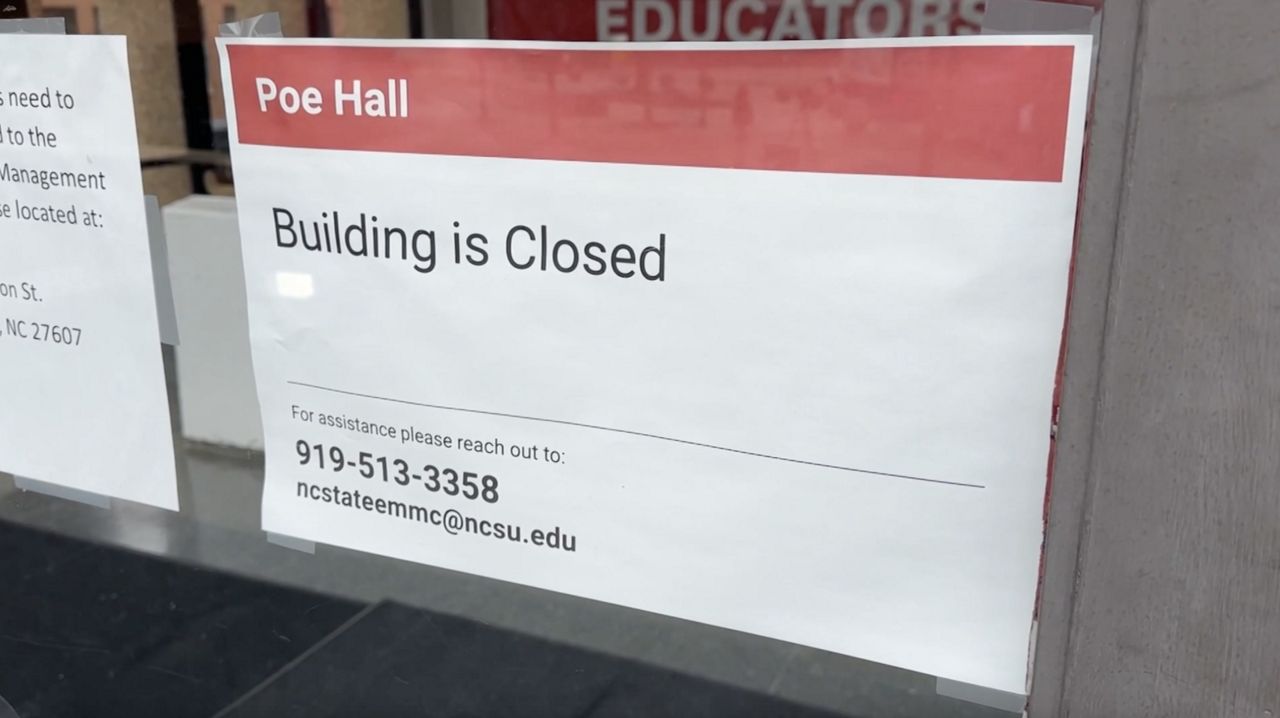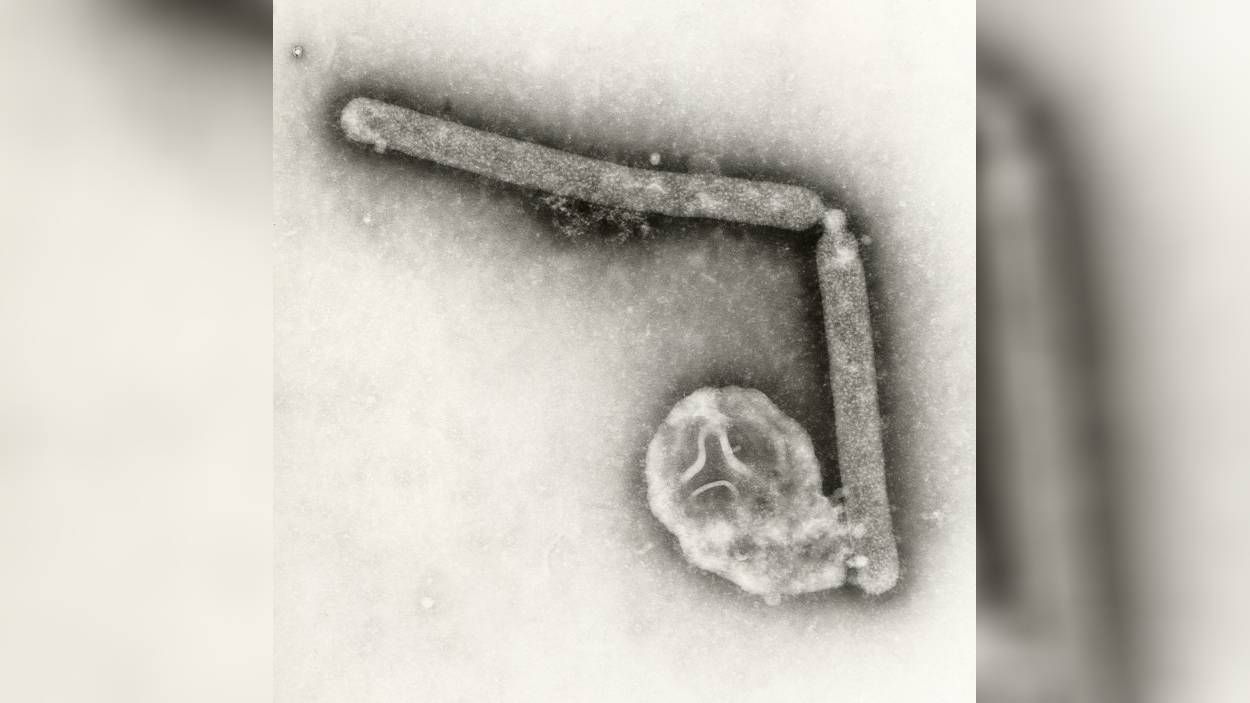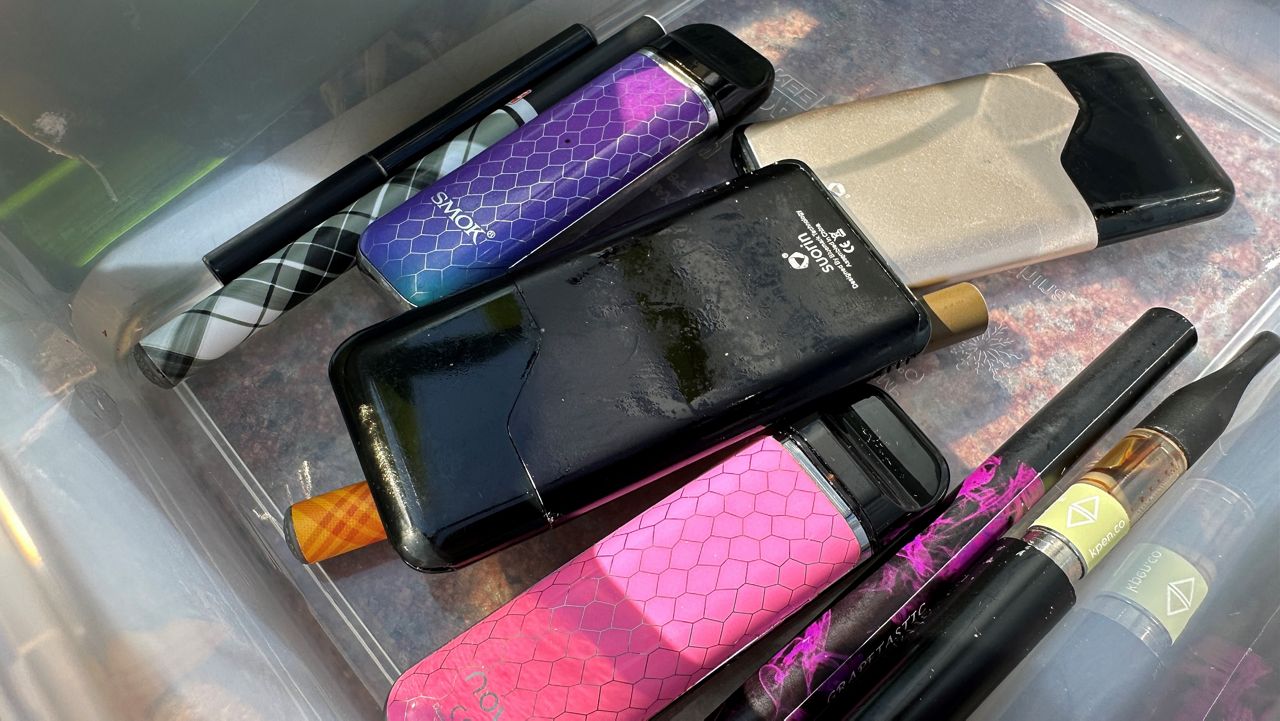DURHAM, N.C. -- The Durham Housing Authority has ordered an emergency relocation for all residents at one housing complex due to carbon monoxide risks.
- Results from a carbon monoxide inspection prompted the emergency relocation Friday
- More than 300 residents are being relocated to hotels until risks can be eliminated
- Currently unclear when residents when be allowed to return to their homes
According to a statement released Friday by the DHA's CEO Anthony Scott, "Durham Housing Authority is conducting an immediate emergency relocation of all McDougald Terrace residents to hotels until carbon monoxide risks have been eliminated. The safety of our residents is our top priority, and we are taking immediate action to relocate everyone impacted while working with a cross-functional response team to stabilize the units as quickly as possible. We are communicating directly with residents of the community and additional updates will be provided once all residents have been safely relocated."
Leaders met with tenants from McDougald Terrace late Thursday at Burton Elementary School to discuss the findings of a carbon monoxide inspection last week.
On Friday, the DHA began working to evacuate more than 300 residents, over 100 families, from the public housing complex.
Right after Christmas, DHA, fire crews, and EMS went door-to-door inspecting carbon monoxide detectors. It took them a few days to check on more than 300 units.
They did this after treating a few tenants who got sick over the past month. Carbon monoxide is a colorless and odorless gas, known as the "silent killer."
Authorities say people need to make sure they have working detectors. They also say if you and members of your household suddenly come down with flu-like symptoms to call 911.
After last week's inspection, authorities found most units did have working detectors. However, some units had elevated carbon monoxide levels. Tenants were taken to the hospital as a precaution.
During the relocation, the Durham Housing Authortity says residents will reportedly be provided temporary housing for the next seven days. They will also receive a daily per diem for food and transportation to their hotels if required.








